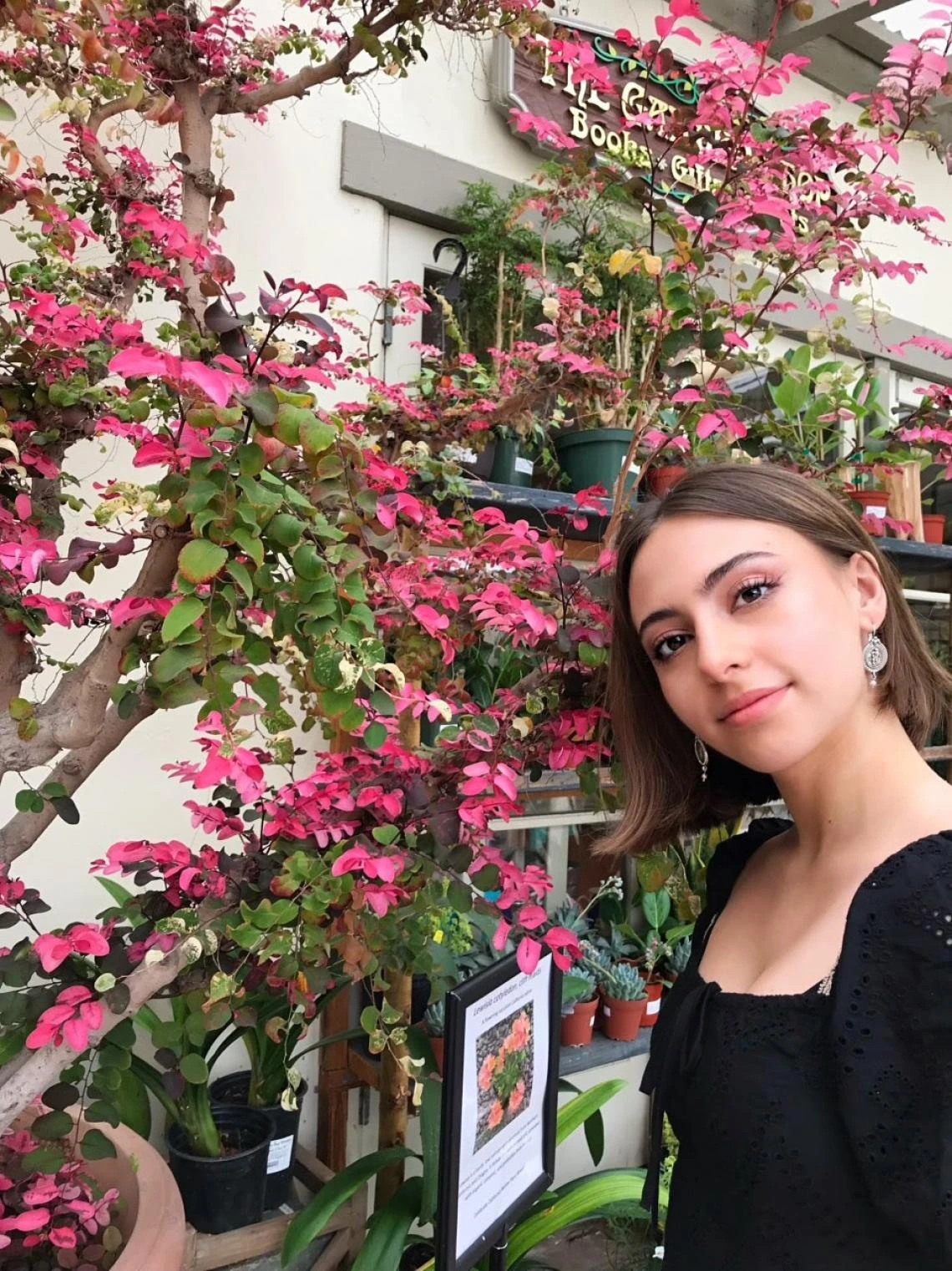Sam Wetherell Puts the "Eco" in Economics

What is your major/year?
I am sophomore doing a dual degree in PPEL (Philosophy, Politics, Economics, and Law) and EWRE (Environmental and Water Resource Economics).
What are you involved in on campus or in Tucson?
In my environmental work, I am currently the Vice President of UAZDivest, Vice President of UAWildlife Defenders, and I am a Liverman Scholar; however, I also serve as an undergraduate economics research assistant at the AIDE Lab and work as an RA on campus.
What environmental issues are you most passionate about?
While I probably have a semi-endless list of environmental issues that I care about, the biggest issues that I am passionate about surround what I believe to the basis of most environmental issues today, fossil fuels and the climate crisis.
What is the most interesting intersection between economics and the environment you have learned about?
I think the most interesting intersection I have seen between economics and the environment would be that of ecosystem service evaluation. I find that often people tend to be unable to fully grasp something as abstract as the climate crisis or the continuous environmental disasters plaguing our world, so something that holistically evaluates ecosystem services demonstrating in a clear quantitative manner the importance of the environment not just on a scientific level but on economic level fascinates me. I feel that by using something people know effects them, on an individual and societal level, how negative environmental consequences are negative societal consequences.
What is something you do to ensure that the environmental spaces you are involved in are accessible and intersectional?
As a South American who isn’t in a STEM field, I often felt a kind of disconnect when I first entered environmental spaces with the amount of scientific jargon used and a lack of focus on a human-centric perspective on environmental issues. Thus, in my own work in environmentalism, I try to make sure that the topics I am speaking on and the way in which I communicate them are understandable to everyone in my audience. To me the environmental crisis is a human crisis, so I want to always emphasize how the environment impacts people on an individual level and make clear that environmental impacts affect people differently, with some communities like that of the Latin-American community being hugely disproportionality impacted by the climate crisis which may fuel climate refugees.
What inspires you to stay involved in student climate activism?
I think the biggest thing that inspires me to stay involved is just my desire to make the world a better place. I have grown up always feeling incredibly worried about climate change and nervous to dream about a future that might never happen because of it, and I don’t want that to be the case for the next generation. I want people to live their lives knowing there is a future.
